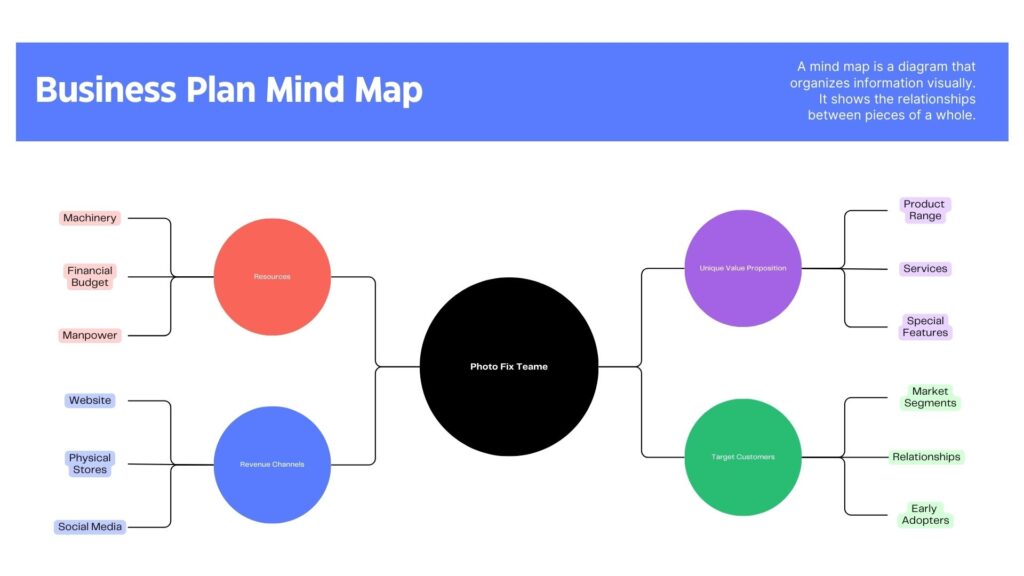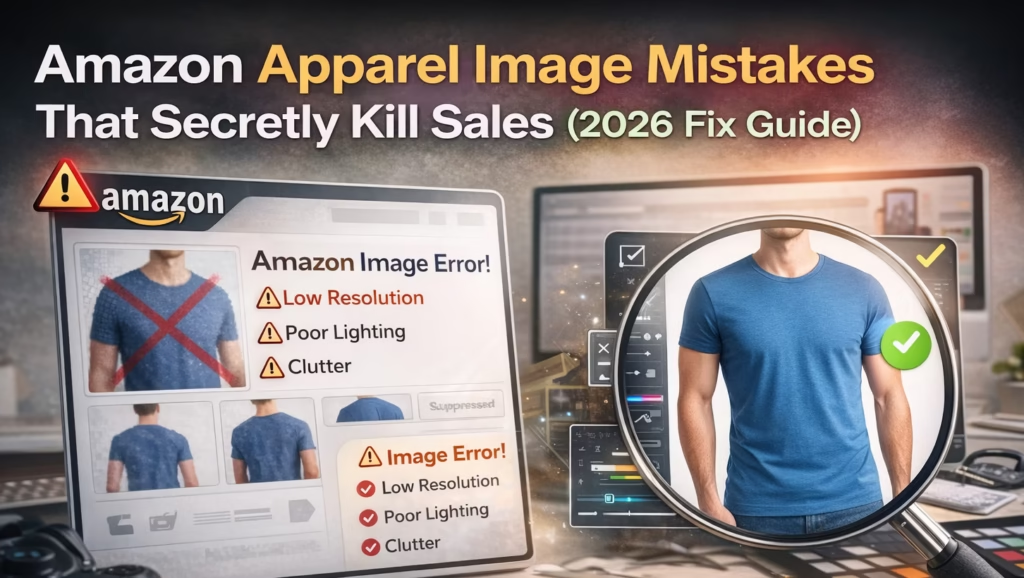
Online Photoshop Editors
Online Photoshop editors offer a gateway to sophisticated image editing capabilities without the need for heavy software installations. These web-based tools provide users with access to a suite of powerful features, from simple cropping and resizing to advanced layers and filters, all accessible directly from a browser. Ideal for professionals and hobbyists alike, online editors ensure that high-quality photo editing is more accessible, cost-effective, and collaborative.
Whether you’re at home, in a cafe, or on the move, these platforms allow you to start, edit, and complete projects across any device, promoting flexibility and creativity in digital design. This introduction to online Photoshop editors will explore the varied tools available, the benefits of choosing web-based solutions over traditional software, and provide insights into maximizing your editing capabilities efficiently.
Overview of Online Photoshop Tools
Online Photoshop editors are web-based applications that provide the powerful editing capabilities of traditional Photoshop software with the added convenience of accessibility from any device with an internet connection. These tools offer a range of functionalities, from basic photo retouching to advanced graphic design.
Benefits of Using Online Editors Versus Traditional Software
- Accessibility: Access your projects from anywhere, without the need for powerful hardware.
- Cost-Effective: Many online editors offer free versions or subscription models that are generally less expensive than purchasing full software licenses.
- Collaboration: Easier to share files and collaborate in real-time, enhancing team productivity.
Understanding the Basics of Online Photoshop Editors
Common Features Found in Most Online Editors
Typical features include layer management, a variety of editing tools, custom filters, and text options. Understanding these common tools can help you navigate any online editor quickly.
How to Access and Set Up Your Workspace
- Signing Up/Logging In: Most platforms require users to create an account.
- Interface Overview: Familiarize yourself with the layout and where key tools are located.
Essential Tools and Their Functions
Brush, Eraser, and Clone Stamp: Detailed Uses and Tips
- Brush Tool: Used for painting and drawing on images. Adjust size and opacity for different effects.
- Eraser Tool: Remove unwanted parts of an image or layer.
- Clone Stamp: Duplicate parts of an image for consistent textures or correcting imperfections.
Understanding Layers and Masks
Layers allow you to separate different elements of your image for non-destructive editing. Masks provide a way to hide or reveal aspects of the layer without removing any data.
Getting Started with Your First Project
Step-by-Step Guide to Opening and Importing Images
Learn how to import your images into the editor, either by uploading from your computer or importing from cloud storage.
Basic Adjustments: Crop, Resize, and Rotate
- Crop: Trim the edges of your image to focus on the desired subject.
- Resize: Adjust the image dimensions for various uses, such as web or print.
- Rotate: Correct orientation to ensure your image is perfectly aligned.
Advanced Editing Techniques
Mastering the Use of Selection Tools for Complex Edits
Selection tools are crucial for editing specific parts of an image. Learn to use marquee, lasso, and magic wand tools effectively.
Techniques for Flawless Retouching and Blemish Removal
Explore advanced techniques like the healing brush and patch tools to remove imperfections and ensure your images look professional.
Color Correction Made Easy
Simple Steps for Adjusting Brightness, Contrast, and Saturation
Adjust these settings to improve image vibrancy and ensure the colors accurately represent the scene.
Advanced Color Grading Techniques for Professional Results
Learn how to use curves and color balance for sophisticated color grading that adds mood and depth to your photos.
Working with Text and Graphics
How to Add and Style Text in Your Designs
Adding text is crucial for ads, social media posts, and more. Learn about font choices, alignment, and effects.
Incorporating Graphics and Shapes to Enhance Visuals
Use vector shapes and graphics to add interest and information to your designs.
Filters and Effects: Transforming Your Images
Overview of Popular Filters and How to Apply Them Effectively
From vintage looks to artistic transformations, filters can dramatically alter the mood of your images.
Creating Custom Effects Using Layer Styles and Blend Modes
Blend modes and layer styles allow for creative effects that can make your work stand out.
Streamlining Workflow with Keyboard Shortcuts
Essential Shortcuts for Faster Editing
Learn key shortcuts that save time, such as switching tools quickly or adjusting layer visibility.
Customizing Shortcuts to Fit Your Workflow
Most online editors allow you to customize shortcuts, tailoring the workspace to your editing style.
Tips for Efficient Layer Management
Organizing Layers for a Smoother Workflow
Properly managing layers can make complex edits easier and prevent errors.
Best Practices for Naming and Grouping Layers
Keep your project organized with clear naming and grouping, making it easier to revisit projects.
Using Templates to Speed Up Design Process
How to Find and Modify Templates
Many online editors offer templates that can be a great starting point for your designs.
Tips for Creating Your Own Templates for Repeated Use
Save time by creating and reusing templates for common project types.
Collaboration and Sharing
Methods for Sharing Files and Collaborating Online
Explore options for sharing edits and collaborating directly in the editor.
Reviewing and Commenting on Projects in Real-Time
Feedback tools within these platforms can facilitate faster revisions and approval processes.
Saving and Exporting Your Final Product
Best Formats for Saving Your Work Depending on the Use Case
Choose the right file type for web or print: JPEG, PNG, SVG, etc.
Tips for Optimizing Image Quality and File Size
Balancing quality and file size is crucial for usability and performance, especially on the web.
Troubleshooting Common Issues
Solving Frequent Problems and Errors in Online Photoshop Editors
Common issues might include slow performance or trouble with specific tools.
Where to Find Help and Resources
Most platforms offer tutorials, forums, and customer support to help you resolve issues.
Staying Safe and Secure While Editing Online
Understanding Cloud Storage and Data Security
Learn how your data is stored and what security measures are in place to protect it.
Best Practices for Protecting Your Work and Personal Data
Ensure your work is safe with tips on backups and secure account practices.
Future Trends in Online Photo Editing
Emerging Features and Tools to Look Out For
Stay ahead with insights into new tools like AI-driven editing and cloud-based collaboration features.
How AI Is Changing the Landscape of Photo Editing
AI technologies offer new ways to enhance images automatically and streamline workflow processes.
Case Studies: Successful Projects Using Online Photoshop Editors
Examples of Creative Projects and How They Were Accomplished
Real-world examples to inspire your projects and show what is possible with online tools.
Lessons Learned from Professional Editors
Insights from industry professionals can provide valuable tips and tricks for your own work.
Conclusion: Maximizing Your Potential with Online Photoshop Editors
Recap of Key Points Covered in the Article
Summarize the main techniques and advantages discussed to reinforce learning.
Encouragement to Explore and Experiment with Advanced Features
Motivate readers to push the boundaries of their creativity using the tools available.
Further Resources and Learning Aids
Recommended Websites and Courses for Improving Skills
Provide links to educational resources that readers can use to further their understanding of digital editing.
Books and Guides for Deeper Understanding of Digital Editing Techniques
Recommend comprehensive reading materials for those who wish to delve deeper into the subject.
In conclusion, online Photoshop editors are transformative tools that democratize the art of digital editing, making it accessible to users of all skill levels and from any location. By leveraging these web-based platforms, individuals and businesses can enhance their creative projects without the heavy investment in software or hardware.
These editors not only simplify the process of photo editing with intuitive interfaces and collaborative features but also open up a world of possibilities for real-time teamwork and sharing. As technology continues to evolve, the capabilities of these tools are expected to expand, incorporating advanced AI and machine learning to streamline tasks and foster even more creative solutions.
Therefore, embracing online Photoshop editors is not just about adapting to a digital trend—it’s about being equipped for the future of creative work, ensuring that your skills remain sharp and your outputs, compelling.
Amazon Apparel Image Mistakes That Secretly Kill Sales (2026 Fix Guide)
Categories Introduction If your clothing products are not converting on Amazon, there’s a high chance…
How We Helped an E-commerce Brand Increase Sales by 35% with Professional Retouching
When it comes to e-commerce, first impressions are crucial. A shopper’s decision to click “Add…
How to Use Ghost Mannequin Photography to Showcase Your Apparel Products
Empowering Success TogetherHow to Use Ghost Mannequin Photography to Showcase Your Apparel ProductsWe provide comprehensive…
Spring Fashion 2025: The Hottest Colors to Wear
Empowering Success TogetherSpring Fashion 2025: The Hottest Colors to WearWe provide comprehensive solutions and support…
Real Estate Photo Remote Editing: The Ultimate Guide to Enhancing Property Images
Empowering Success TogetherReal Estate Photo Remote Editing: The Ultimate Guide to Enhancing Property ImagesWe provide…
DIY vs Professional Ecommerce Photo Editing: Which is Right for You?
Empowering Success TogetherDIY vs. Professional Ecommerce Photo Editing: Which is Right for You?We provide comprehensive…
















